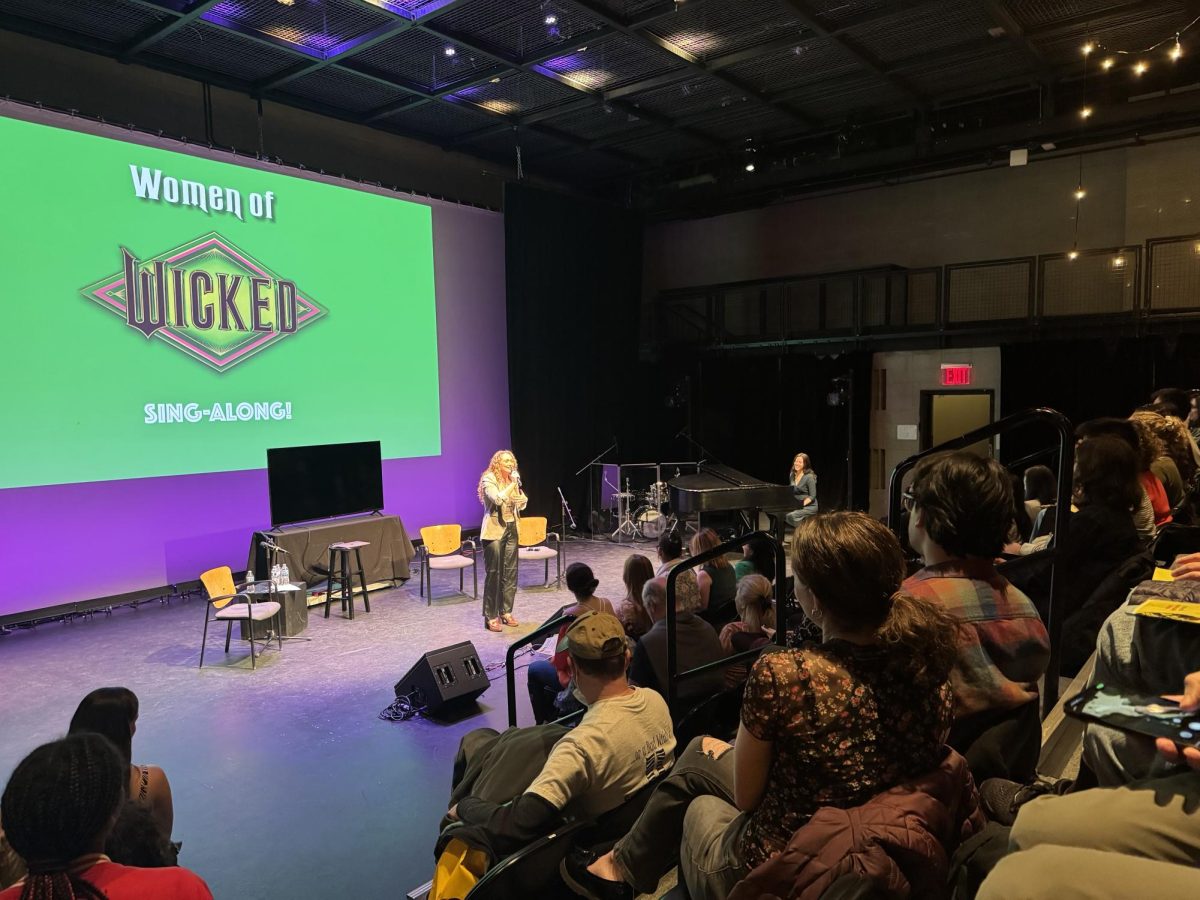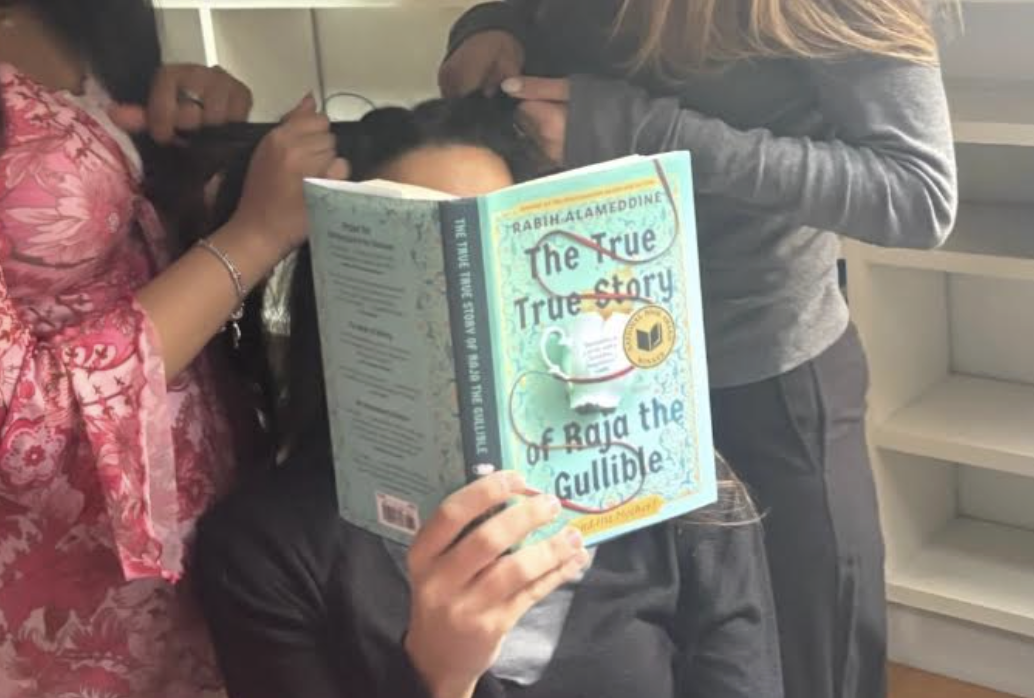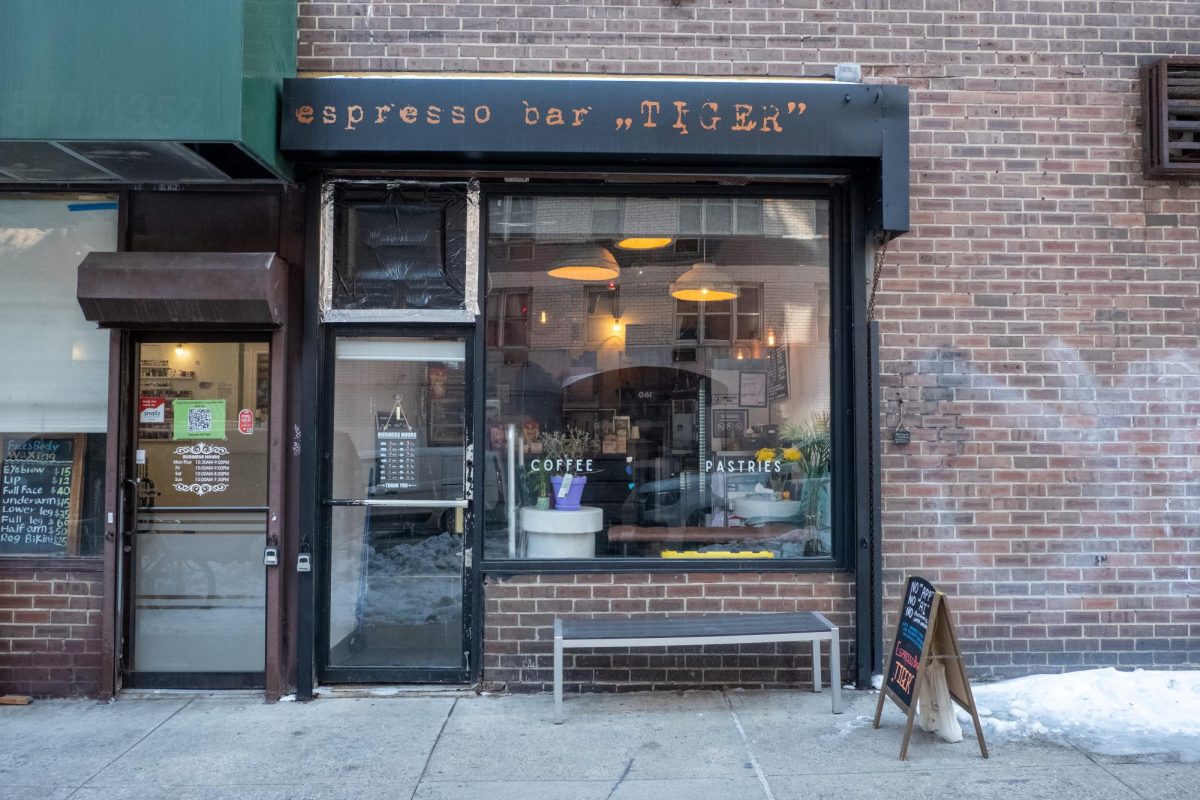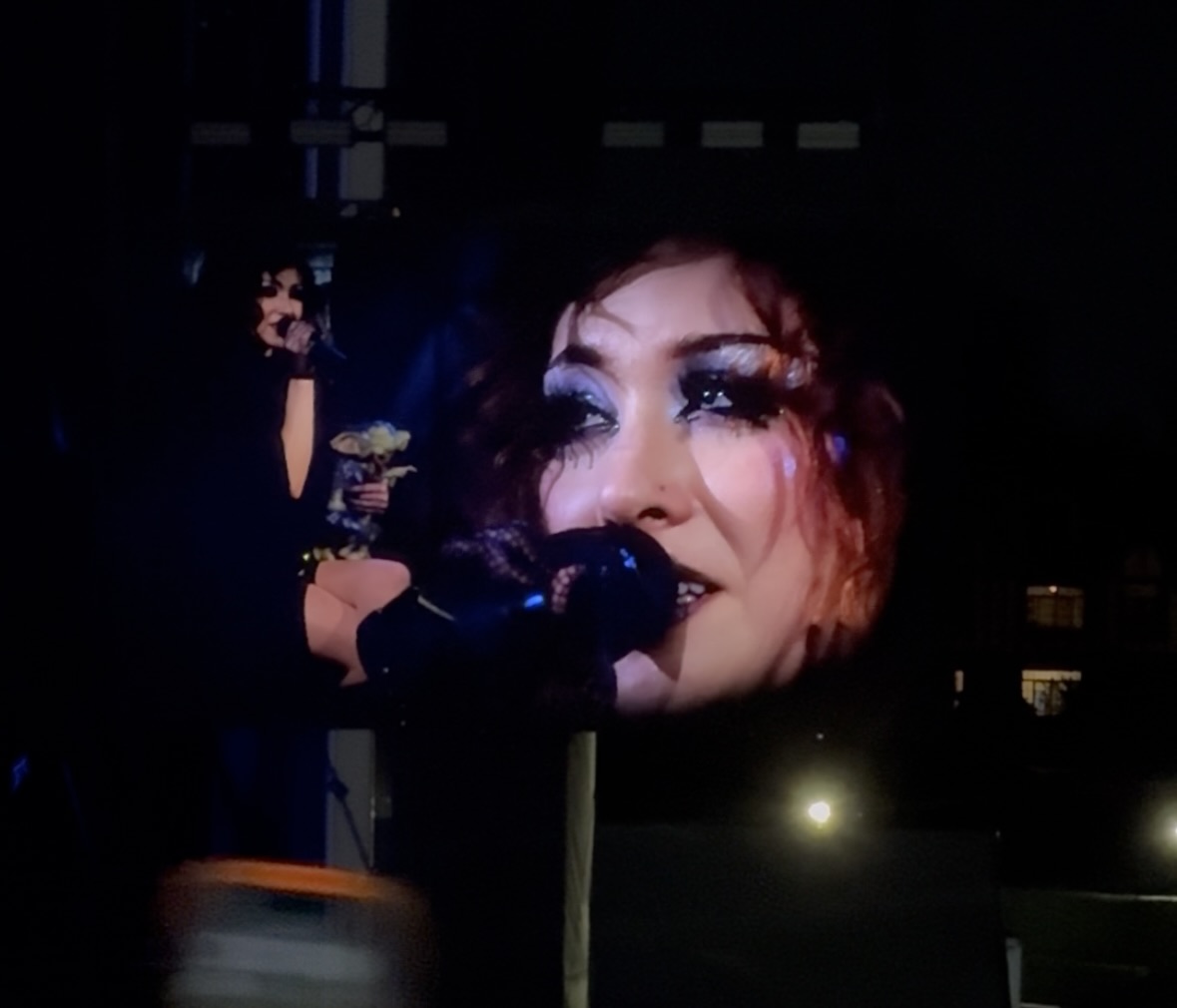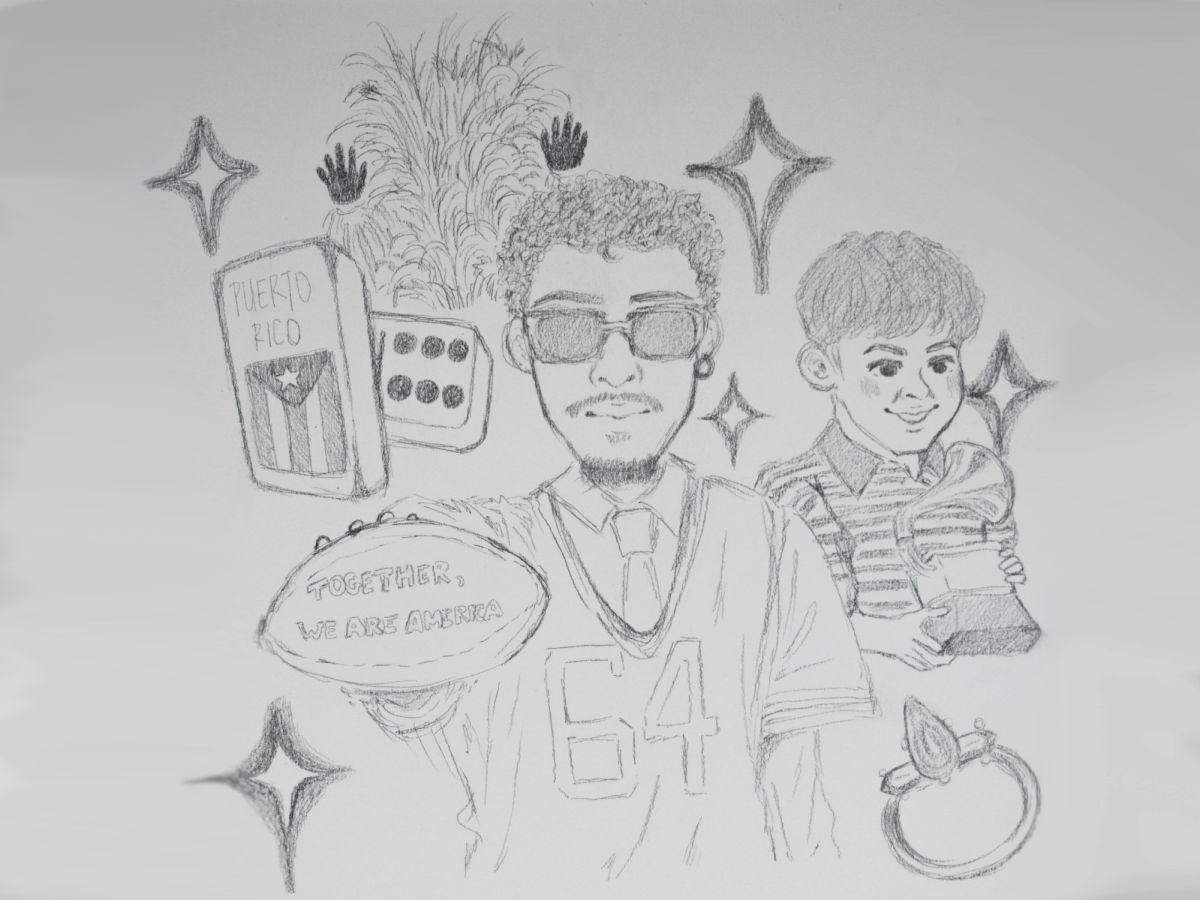Baruch’s Performing Arts Center’s new residency, “Prospect,” hosted a magical panel with the Women of “Wicked” on March 30. The audience was graced with Princeton’s Women’s Network member, Stacy Wolf, as the host, who dove into the extraordinary depths of female relationships within the musical “Wicked.”
The panelists included “Wicked” book writer and screenwriter Winnie Holzman, performer and voice teacher Deborah Paredez, and scholar and poet Emily Kristen Morris. All are key feminist figures whose insights connected the powerful process of creativity, personality, and performance of the play. Wolf, a professor for the Princeton Theatre program, is officially called “the fairy godmother of ‘Wicked,’” a title she received from Holzman.
The panel began with Wolf providing a wonderful history of “Wicked’s” climb to success. When the show first opened on Broadway in 2003, its reviews were failing. However, it is now the fourth longest-running and historically expensive play to ever exist in Broadway history.
“If not the first musical that, not only defied gravity, but defied critical opinion,” Wolf said.
Her explanation of the relationship between Glinda and Elphaba revealed the possibilities of a queer or platonic friendship. This is left to the viewer’s interpretation, still encapsulating the power of the female bonding experience, including the significance of trauma and the roles women play on Broadway. Wolf, a feminist activist, described “Wicked” as “so radical, so profound and so groundbreaking.”
Holzman then explained the mysterious process behind developing the most iconic female characters and adapting them from the original novel. She often reflected during the process, “Has there ever been a musical about two women and their friendship?” Holzman described the collaboration process with the other writers as a combustion of intelligence, creativity, and complexity.
“Sometimes things just feel right, and you keep going in that direction artistically,” she said.
She asked introspective questions leaving the audience wondering with her, “What does it mean to do good?” They emphasized the importance of taking on the lead roles and not losing sight of the true meaning behind the characters.
Paredez is a diva devotee, author, and poet, who has dedicated her studies and works to understanding what truly makes a woman a diva. Her expertise makes the connection between the impact of the roles the women in “Wicked” play and what it truly means to be a diva in the real world. Paredez explained that to be a true diva is to “possess extraordinary virtuosity.”
A diva is someone whose unique talents set them apart from others, creating a difference and stepping out of the norm. She emphasized that the only way out of betrayal is through transformation by using this magical experience to continuously hold yourself to a high standard.
A diva displays both her triumphs and her falls in the public eye and yet still remains authentic, which is what we see Elphaba experience throughout the play.
“Being in public with all of herself, right, means that she also has a particular relationship with her fans or those who love her or hate her,” Paredez said.
Last but surely not least, Wolf introduced Morris, a standby actress for Elphaba. She mentioned that previous actresses who played Elphaba reached out to her, acknowledging the strenuous task of taking on the role and providing insight or support that she may need along the way.
“There is a blueprint, but in terms of who your Elphaba is, every single actor is going to have a different take because we are all different people,” Morris said.
Morris acknowledged that Elphaba comes from a heart-forward and deeply wounded place. Morris, a thyroid cancer survivor, feels deeply intertwined with Elphaba’s difference and struggles. She added her own twist to the character on stage in connection to her own.
She then entertained the audience with a wonderful sing-along, as she ran up the steps passing the mic around to guests giving them a chance to sing their part.
“You just do because you are you,” she sang.
The Ignite Concert Festival and the Prospect Musical Residency at Baruch Performing Arts Center runs between March 27 and April 13.


